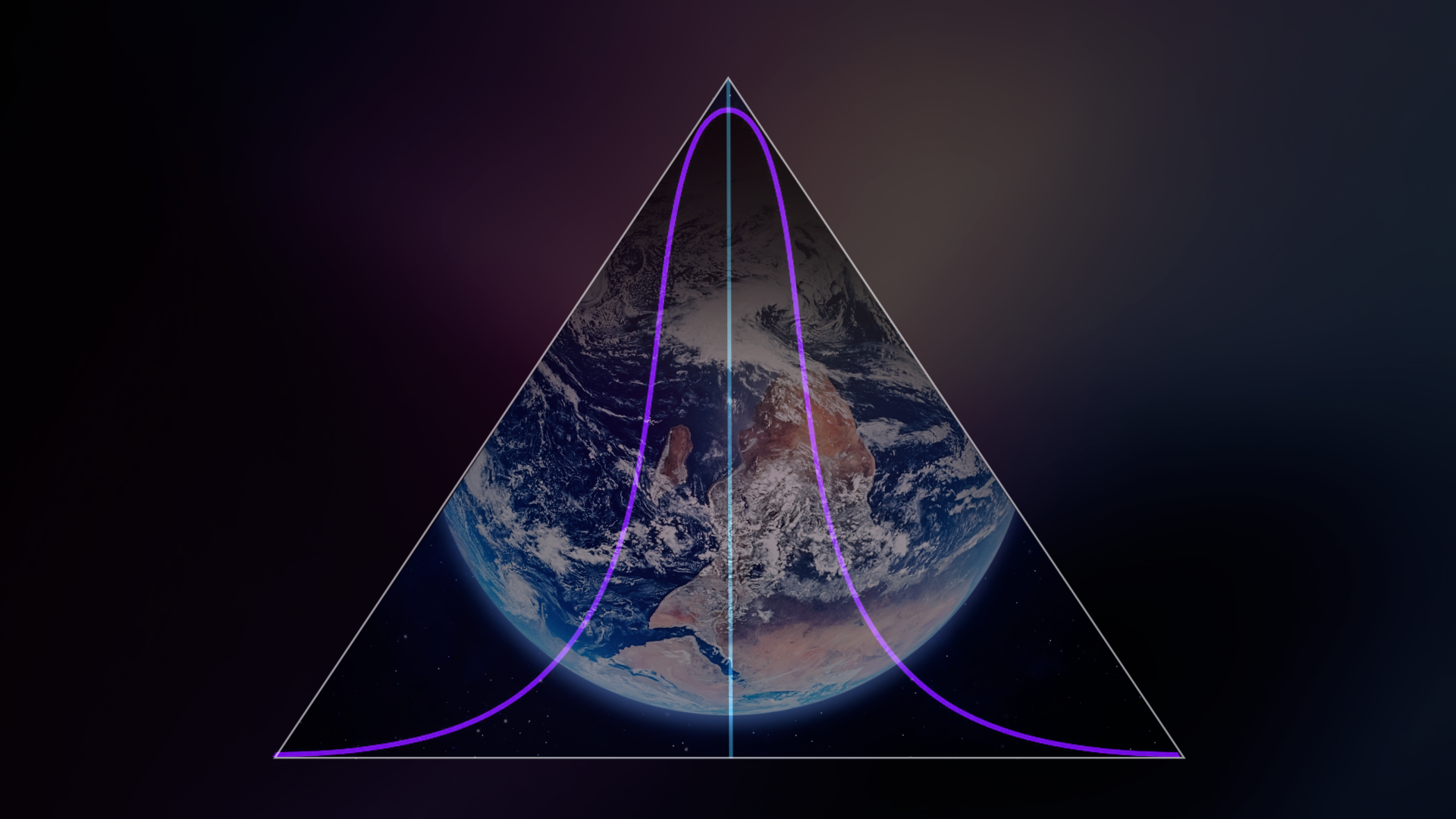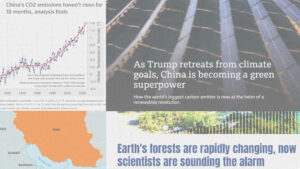
#109 | Frankly
Peak Oil, Ponzi Pyramids, and Planetary Boundaries
Description
To view the graphs Nate is referring to in this episode, please click here.
In this week’s Frankly, Nate returns from New York City Climate Week with fresh reflections on the disconnect between our economic narratives and biophysical realities. Using his background in finance, Nate observes that while the prioritization of financial abstractions and claims continue to accelerate, with gold and silver prices reaching record-setting highs, the ledger is being balanced with parallel declines in our planetary health and social resilience. This tradeoff is harder and harder to ignore as newly crossed planetary boundaries continue alerting us to the fact that we are operating outside of our Earth’s ability to maintain biospheric stability.
Nate also gives an update on Peak Oil, drawing on the International Energy Agency’s recent report regarding the implications of oil and gas field decline rates. He emphasizes that the question at hand is not if these energetic supply constraints will affect the trajectory of human systems – rather, the question is when it will come into effect, and how we will respond as a human species.
Given the increasing number of reports on declining oil forecasts, how much longer can our society remain energy-blind? Where might our priorities shift if we truly understood the biophysical limits shaping our future? Lastly, if we were to zoom out towards a wider boundary lens, what types of societal responses become possible that could steer us towards better human and planetary futures?
In French, we have a motto that says that a simple drawing is often better than a long explanation. Jean-Marc Jancovici Carbone 4 President
That’s very understandable because with left atmosphere thinking, one of the problems is that you see everything as a series of problems that must have solutions. Iain McGilchrist Neuroscientist and Philosopher
We can’t have hundreds and hundreds of real relationships that are healthy because that requires time and effort and full attention and awareness of being in real relationship and conversation with the other human. Nate Hagens Director of ISEOF
This is the crux of the whole problem. Individual parts of nature are more valuable than the biocomplexity of nature. Thomas Crowther Founder Restor
Show Notes & Links to Learn More
Download transcript00:00 – Graphs Nate references in this episode can be found here, or in the report.
00:08 – Climate Week NYC
02:15 – Exter’s Pyramid
03:45 – John Cairns Jr. – “The Human Economy is a Subset of the Biosphere”
04:15 – What is a human energetically worth?, Nate Hagens – “Economics for the future – Beyond the superorganism”
05:45 – IEA – “The Implications of Oil and Gas Field Decline Rates”
07:40 – How crude oil is used to make plastic
08:55 – The Oil Drum
09:55 – The Red Queen Effect
12:25 – Peak oil (general), Peak oil hit in November 2018
17:00 – Western dependence on gulf oil, Ukraine attacks on Russian oil refineries
18:18 – Johan Rockström
18:25 – Seventh planetary boundary breached
19:30 – highs in silver and gold prices







